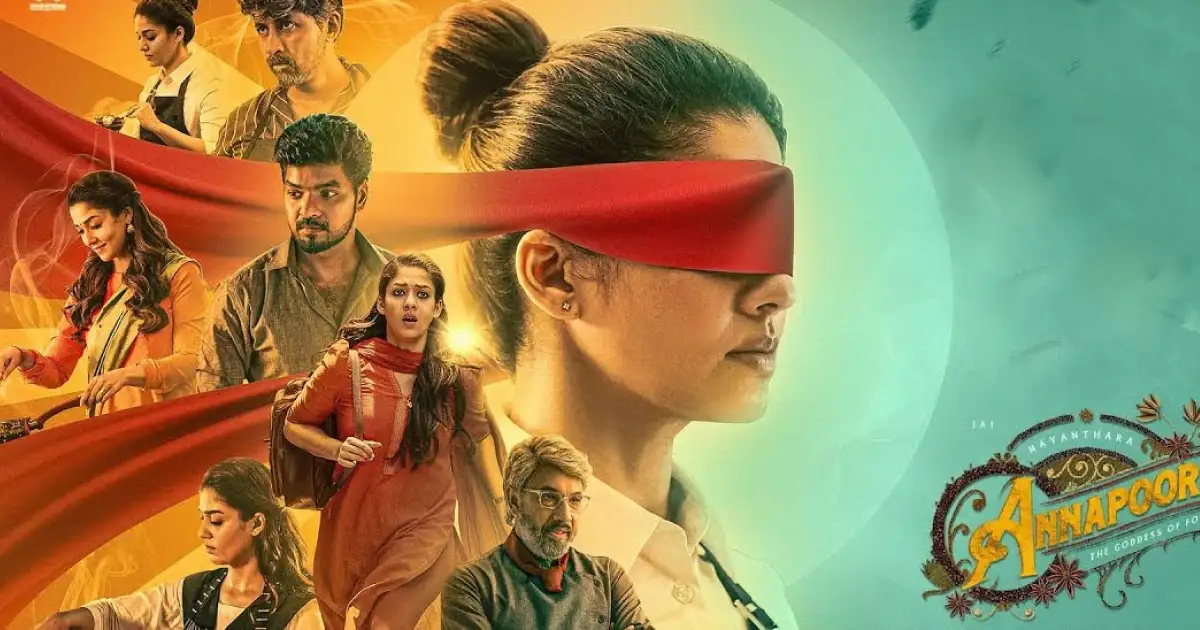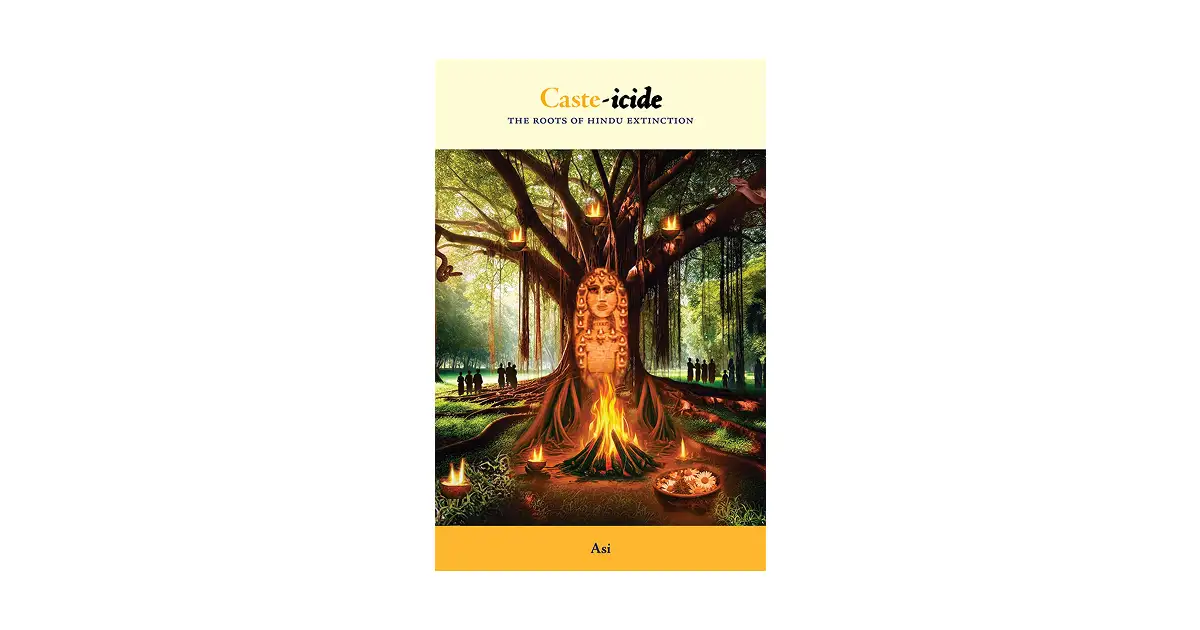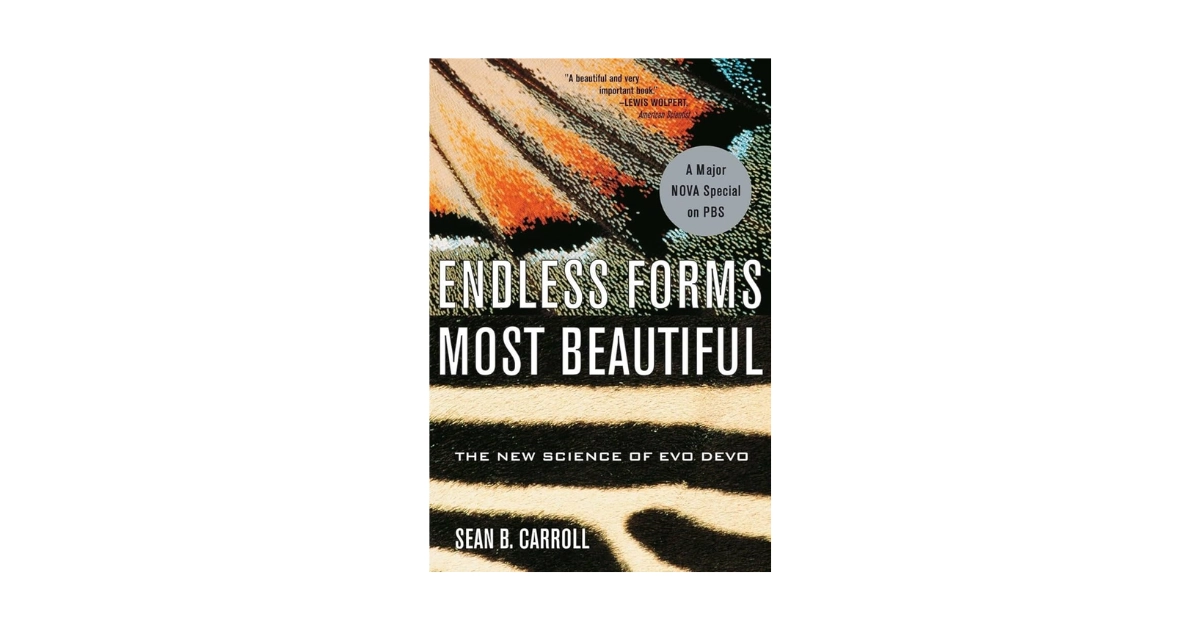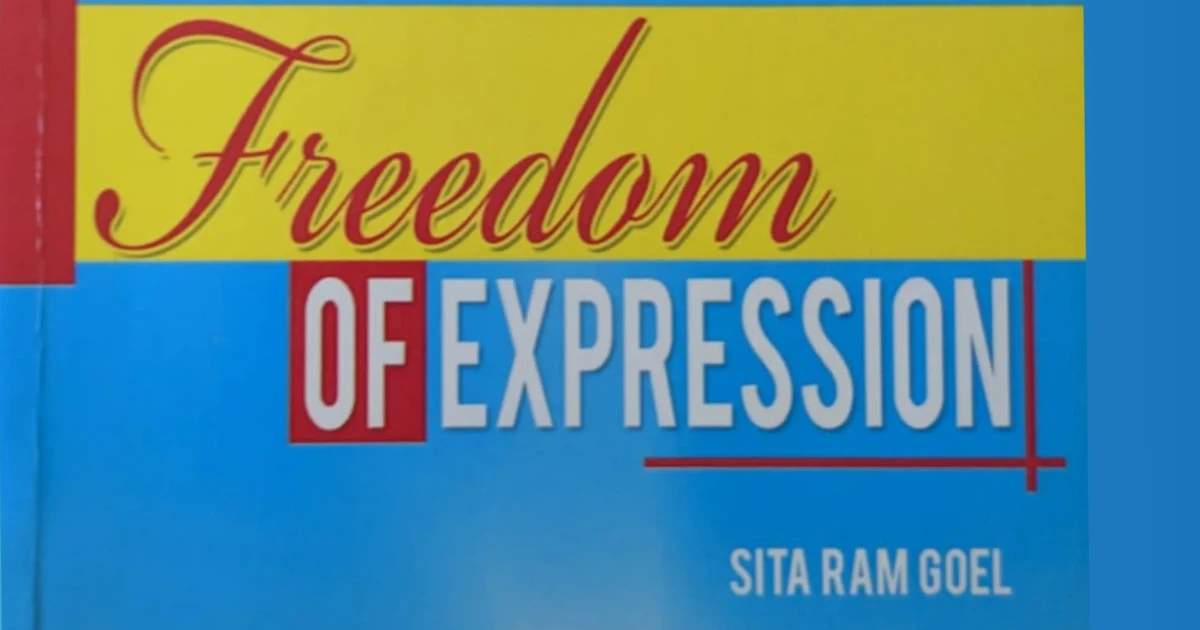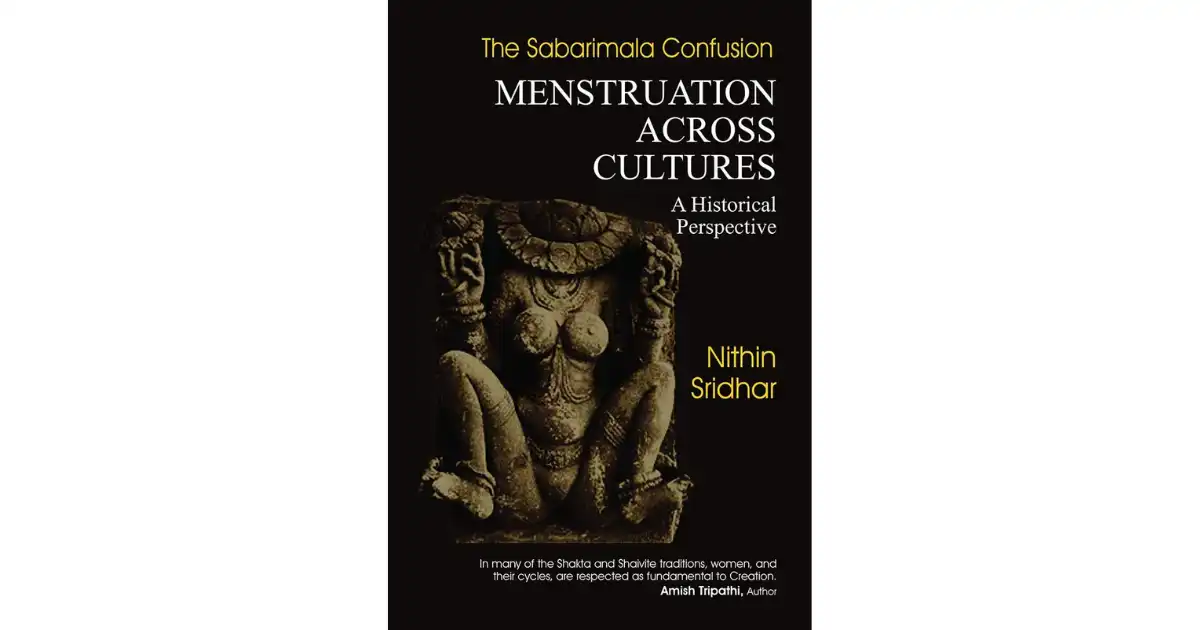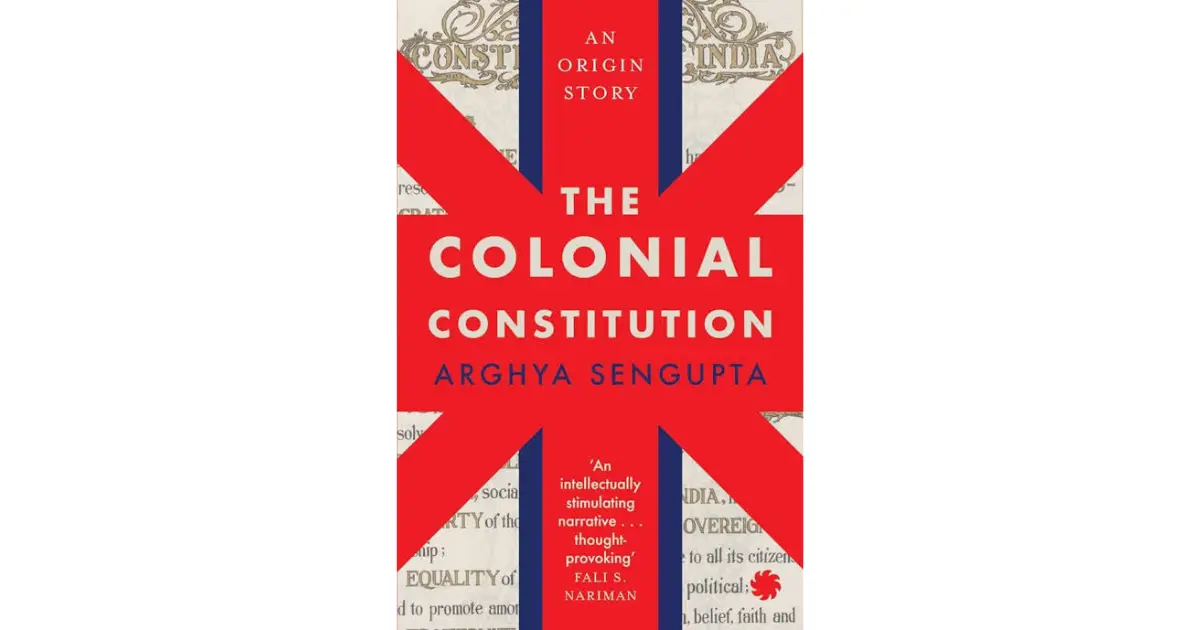Tolerance is another word for indifference. William Somerset Maugham
The retraction of the film Annapoorani (2023) starring actress Nayanthara from Zee Studios and their issuance of a written apology to the Vishwa Hindu Parishad (VHP), has sparked multiple discussions and debates — about freedom of expression, vegetarianism, brahminism, “love jihad”, etc. I sat down to write this piece to offer some thoughts on these discussions, as it can be a slippery slope to justify what is, at the heart of it, censorship.
A disclaimer before I get into this — everything I’ve gathered about the contents of the film has been from reviews, as I did not have a chance to watch it before its removal from the platform. Through this, I hope to highlight some of the broad narratives and implications of the storyline rather than focus too heavily on the film itself. The film is punctuated by tropes of anti -Brahminism, a tirade against vegetarianism — which I delve into in detail — and depicts the brazen manipulation of a vulnerable woman by her lover and his family, all of which I shall discuss in this piece.
A Brief Summary of the Film
Annapoorani Rangarajan, played by actor Nayanthara is the daughter of a Brahmin cook that prepares the holy prasāda that is offered to devotees each day at the shrine of Śrīraṅgam, in Tamil Nadu. She aspires to be a chef, but her father does not approve, since the job would entail handling meat, which he is averse to. However, she is adamant, and enrolls in a hotel management course while her parents believe she is pursuing a degree in business administration. She eventually falls in love with a Muslim man, who convinces her that it is okay to consume meat and introduces her to his mother, who teaches her a biryani recipe which she eventually uses in a cooking contest.
Brahminism, Vegetarianism and Caste
In their piece, ‘Annapoorani: Netflix removes Nayanthara film after backlash from Hindu groups; the BBC wrote Many Brahmins do not eat meat, in accordance with rigid caste rules.
The perception of vegetarianism in India has become overwhelmingly negative, due to its reductionist association with “purity” and “brahminical” ideals. Brahmins being vegetarian is seen as a sort of twisted virtue signaling to other castes. Adherence to jāti rules, however innocuous, is seen as a form of casteism rather than an exercise of personal religious agency, expression and self-fulfillment. But this is a misinformed and malicious position on many different levels. It is pertinent to note that:
- Not all Brahmin communities in India practice vegetarianism, and regional variations in dietary habits exist; not to mention, plenty of individual exceptions.
- Not all vegetarians are Brahmin. To illustrate, according to a 2014 survey, Rajasthan has 74.9% vegetarians, which makes it the most vegetarian state in India, whereas the percentage of Brahmins in the state is an estimated 6% or less.
- Different jātis have different dietary requirements and habits, as a truly diverse society does.
It is undeniable that vegetarianism continues to be seen as a virtuous religious ideal in India, evidenced by the fact that many families that consume non-vegetarian food on the regular will avoid it on certain auspicious days and festivals. However, framing vegetarianism as a symbol of brahminical hegemony is fallacious.
Being the priestly class, it is natural that certain habits that indicate piety and dedication are attributed to them. The lifestyle is not dogmatic but is rather an indicator of the enormous self-restraint expected from the position that they occupy in the religious sphere. But just because they strive towards the ideal, this does not mean that these rules are imposed involuntarily on the rest of society.
Just as the imposition of vegetarianism by Brahmins would be very wrong, the imposition, whether forced or subtle, of non-vegetarianism is too. This is what rubs the viewer wrong when it comes to the portrayal in the film — the lack of respect for her family’s tradition and her own initial aversion to handling and consuming meat. While it is not wrong to eat meat, what is the necessity to counsel, coax and coerce her into getting over her aversion to meat?
The right way to approach her vegetarianism, if indeed it were an obstacle to becoming a chef, would be to train for specialized vegan/vegetarian restaurants. But no such attempt was made to accommodate her beliefs. While it is true that there would be no real drama in the film if it weren’t for this trope, the issue is sensitive for many, and it would have been more appropriate to see it handled with respect for the religious beliefs of Hindus. After all, the defense of vegetarianism is at the end of the day, a defense of personal food choices, which everyone must be reciprocally accommodative and respectful towards.
Taking advantage of Naïveté
The protagonist finds herself in a vulnerable position, away from home without the support of her family in the pursuit of her passions. Her being otherwise a talented cook, the biggest hurdle she faces for her career is being unable to get over her distaste and aversion for handling and eating meat. In this situation, the man she meets gradually convinces her of being comfortable with it, instead of accepting her as she is, along with her personal/familial habits. He imposes his worldview onto her while also wooing her: taking advantage of her vulnerable state to brainwash her to conform with his beliefs.
He succeeds. Though a Hindu, she performs a prayer in the Islamic style before preparing the biryani recipe taught by her boyfriend’s mother. If “ faith” were sufficient for the recipe to work its magic, then it wouldn’t have mattered which style of prayer she engaged in.
It is strange that feminists and progressives do not take issue with this, and instead of emphasizing the importance of free thinking in religious belief, they are rather comfortable with the imposition of one totalizing belief and worldview onto another
Islamic Interpretation of Hindu practices
In the context of trying to convince her that meat consumption is permissible in Hinduism, the boyfriend (Farhan) tells the protagonist that even Śrī Rāma ate meat. At the end of his pitch, Farhan says that ‘No God says eating non-veg is a sin’ (paraphrased). There are multiple issues with this dialogue, but the central one is that a Muslim man is attempting to interpret Hindu itihāsa/values and actually impart his idea of them to another Hindu, that too one that actually comes from a deeply traditional background.
One wonders if a non-Muslim engaging in interpretation and loosening of the religious prescriptions of the Muslims would be met with the same level of acceptance. It doesn't help that the issue also lies with the Hindus’ inability to either unabashedly push back or articulate religious responses as to why they do or not do a certain thing, whereas practitioners of other religions are more equipped to defend their religious practices (not that others are ever constantly questioned or made to feel insecure as much as Hindus are).
This seems to be a strategy right out of a missionary playbook — undermining our Gods and practices to make Hindus second-guess themselves. The filmmakers drawing an association between meat and Śrī Rāma seems like an attempt to dissolve any reservations around meat-eating that Hindus may have, and if this is so, it is not only illogical but probably in bad faith and must not be entertained.
Religious practices need not be rationalized and intellectualized , nor do they need to suit any modern notions or sensibilities. A tolerant society respects and accommodates one’s personal habits, and an individual must have the complete religious freedom to follow any practice without constant attempts from all quarters to convince them otherwise.
Evolving Traditions
An argument perpetuated ad nauseam by the Left is that “Brahmins ate beef in the past”, which apparently justifies imposing meat/beef onto them in the present. Practices and traditions evolve with time, and the most archaic of them is not the most “authentic” in the Hindu tradition, contrary to popular conception. Simply because Brahmins ate beef in the remote past, does not mean they need to pick it back up in the modern age. Tradition is generally followed according to what is prescribed for that particular region, time period and group — a quest for the “original'' practice or principle is therefore immaterial.
It is true that Brahmins consumed the sacrificial animal (cow/goat) during soma yāga, etc. The consumption was restricted to the time of the yāga, which was a rare and important event that involved multiple rungs of society. Gradually, whether due to self-reflection or interaction with other religions such as Buddhism and Jainism, this evolved into doing away with the sacrifice altogether and replacing it with symbolic rituals. Is this really a valid argument to convince a Brahmin to start eating meat, after centuries of not doing so?
Do they not have the right to follow their svadharma and kuladharma without constant questioning, attack and censure? Would a movie depicting the convincing of a Muslim to consume pork and gradually shed their “irrational” beliefs, be in good taste? Religious tolerance must be reciprocated by every community, and not be taken for granted as a one-sided virtue.
“She wasn't forced into it, but rather subtly convinced to” is an argument I heard from someone that had watched the film — being forced to consume/cook meat would induce a visceral reaction that should be the subject of documentaries and not entertainment films (no one has any sympathy for the victim when this happens all the time in real life, but that’s a different matter altogether). This is why it is done subtly, through a gradual, undetected brainwashing of the protagonist throughout the course of the film. In fact, the agenda that is pushed is reminiscent of, and perhaps can even be construed as insensitive to the plight of Hindu women that marry into Muslim families, where their rite of passage for conversion is the forced consumption of beef.
Clearly, the trope that “food has no religion” which is shown in the movie at the climactic point is false. Islam and Judaism have clear commandments when it comes to the consumption of food. Halal and kosher are a global multi-billion dollar industry. Taking advantage of the protagonist’s vulnerabilities, and her passion to become a chef, and convincing her to handle and cook meat is to me, and to any Hindu watching the movie, deeply insensitive to Hindu beliefs.
Animal Cruelty and the Brutality of the Meat Industry
The meat industry is arguably one of the most cruel creations of the industrialized world. In the global climate where there is a greater push towards vegetarianism due to the impending environmental crises and the extreme cruelty of the meat and dairy industry, the Indian Left stands tall as an exception to this call. The push in India has been against this grain — initially, it began with demands for public schools to serve eggs, and now, there have been reports of shocking incidents such as that of Brahmin school children being forced to consume eggs. The Indian civilization has always proudly been religiously tolerant, but this is gradually changing, towards a climate of normalization of Brahmin hatred.
Conclusion
All in all, like everyone’s, my thoughts on censoring a movie, even if replete with objectionable tropes, are mixed. One point that the film drives home, that I’d like to reiterate, is the vulnerability of the Hindu mind to external influence and the inability of the average Hindu to defend their own religious practices, whether to other Hindus or to outsiders to the faith. Although ideally in society this situation should not arise, it inevitably does, and every Hindu must be adequately equipped with the conviction to shut down any coercive or seductive attempts at undermining their religious practices. I would argue that it is almost equally as important as actually following one’s dharma.
While open-mindedness is always a good thing, without which no society can take any self-corrective measures, it is also a point of vulnerability. In this context, this film is not one that serves as a commentary on social evils, to invoke introspection; rather, it exploits this particular vulnerability of Hindus, especially young girls, who lack a strong religious education and conviction
Additionally, we must keep in mind the influential power of the medium of cinema and the fact that this movie was, albeit briefly, freely accessible to hundreds of millions simply by the touch of a button.
We must question if such media has the potential to send the wrong message to an impressionable audience, and have the effect of normalizing Brahmin-intolerace and Hindumisia. As the educated class, we must take on the role of critically analyzing media to call out its indiscretions and Hinduphobia, and hold our various domestic film industries not only to higher standards but also accountable for their content. This is one of the first steps we can take to assert the rights and the presence of Hindus in this country.
